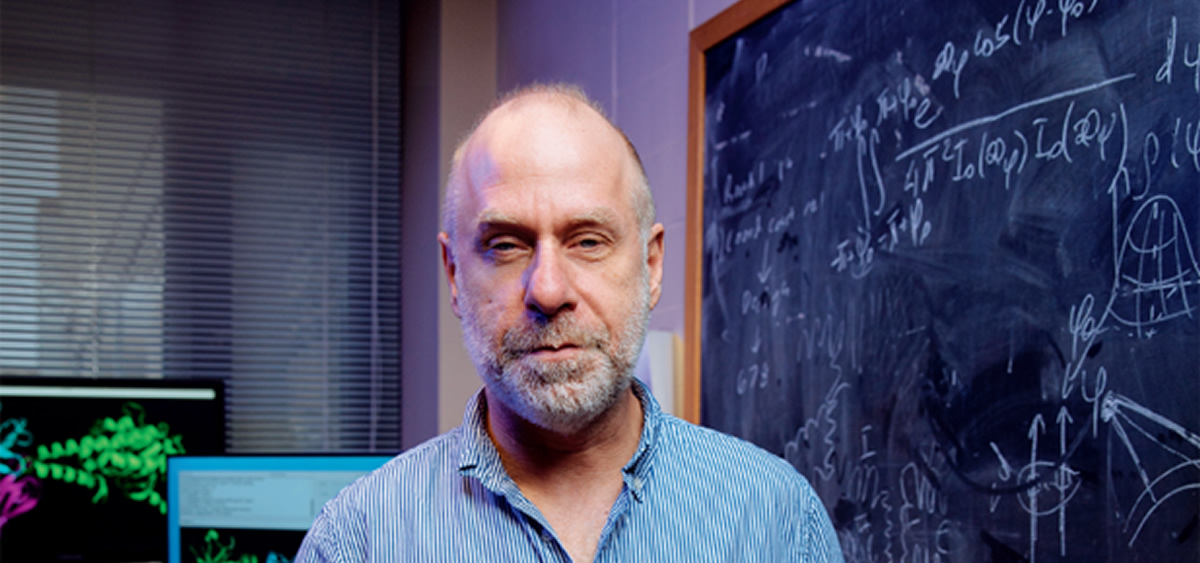
PHILADELPHIA (May 10, 2018) – Researchers at Fox Chase Cancer Center have developed a computer-based method to design disease-fighting antibodies, making it possible to strengthen and improve those known to be effective. The approach involved building new software that treats discrete pieces of the proteins as a collection of parts that can be adjusted and combined in new ways to design antibodies that more effectively attack infections, cancers, and other foreign bodies in the blood. In vitro experiments showed that newly designed antibodies were 10 to 50 times better than existing antibodies at binding to and eliminating unwanted pathogens.
A paper detailing the method and the results of experiments testing the most promising new antibodies appears in the journal PLOS Computational Biology. Senior author Roland Dunbrack, Jr., PhD, professor in the Molecular Therapeutics Program at Fox Chase, led the team, which built the antibody design method within the protein modeling computer platform Rosetta. The new method, already in use by several drug discovery research teams, is called RosettaAntibodyDesign (RAbD).
The RAbD platform expands upon earlier work in which Dunbrack created a database classifying the three-dimensional structures of the complementarity-determining regions (CDRs) of about 300 antibodies – all that were known at the time. That paper was published in 2011, and the universe of known antibody structures has since grown to about 900. The RAbD program takes advantage of all of the new structures and will continue to expand as new structures are determined.
“RAbD allows scientists to simulate interactions between antibodies and the antigens they are known to attack, and to swap in individual components to see if they can improve binding or other measures of effectiveness,” Dunbrack said. “Modeling these interactions on a computer before creating antibodies for bench experiments will make research quicker, less expensive, and more likely to produce better antibodies.”
The new program will greatly accelerate research on new drugs to treat cancer, HIV/AIDS, influenza, and many other diseases and infections. Currently, more than 75 antibody-based drugs are FDA-approved, and many clinical trials are underway.